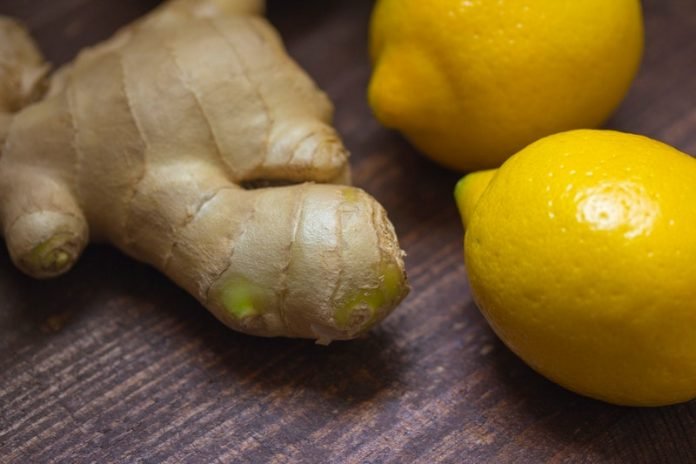
In a new study, researchers found that the main bioactive compound of the ginger root may lower autoantibody production and help halt diseases such as lupus.
The research was conducted by a team at Michigan Medicine.
Ginger is known to have anti-inflammatory and anti-oxidative effects, making it a popular herbal supplement to treat inflammatory diseases.
According to the team, the main bioactive compound of ginger root, 6-gingerol, is therapeutic in countering the mechanism that fuels certain autoimmune diseases.
Researchers specifically looked at lupus, a disease that attacks the body’s own immune system, and its often associated condition antiphospholipid syndrome, which causes blood clots, since both cause widespread inflammation and damage organs over time.
In mice with either antiphospholipid syndrome or lupus, the team found 6-gingerol prevented neutrophil extracellular trap release, which is triggered by the autoantibodies that these diseases produce.
But the most surprising finding was that the mice, regardless of whether they had antiphospholipid syndrome or lupus, had reduced autoantibodies suggesting the inflammatory cycle was broken.
Although the study was done in mouse models, the researchers think the preclinical data, showing that 6-gingerol has anti-neutrophil properties that may protect against autoimmune disease progression, encourages clinical trial development.
The bioactive compound can’t be the primary therapy for someone with active antiphospholipid syndrome or lupus, but the team is interested to see if the natural supplement may help those at high risk for disease development.
One author of the study is Ramadan Ali, Ph.D. The study is published in JCI Insight.
Copyright © 2021 Knowridge Science Report. All rights reserved.



